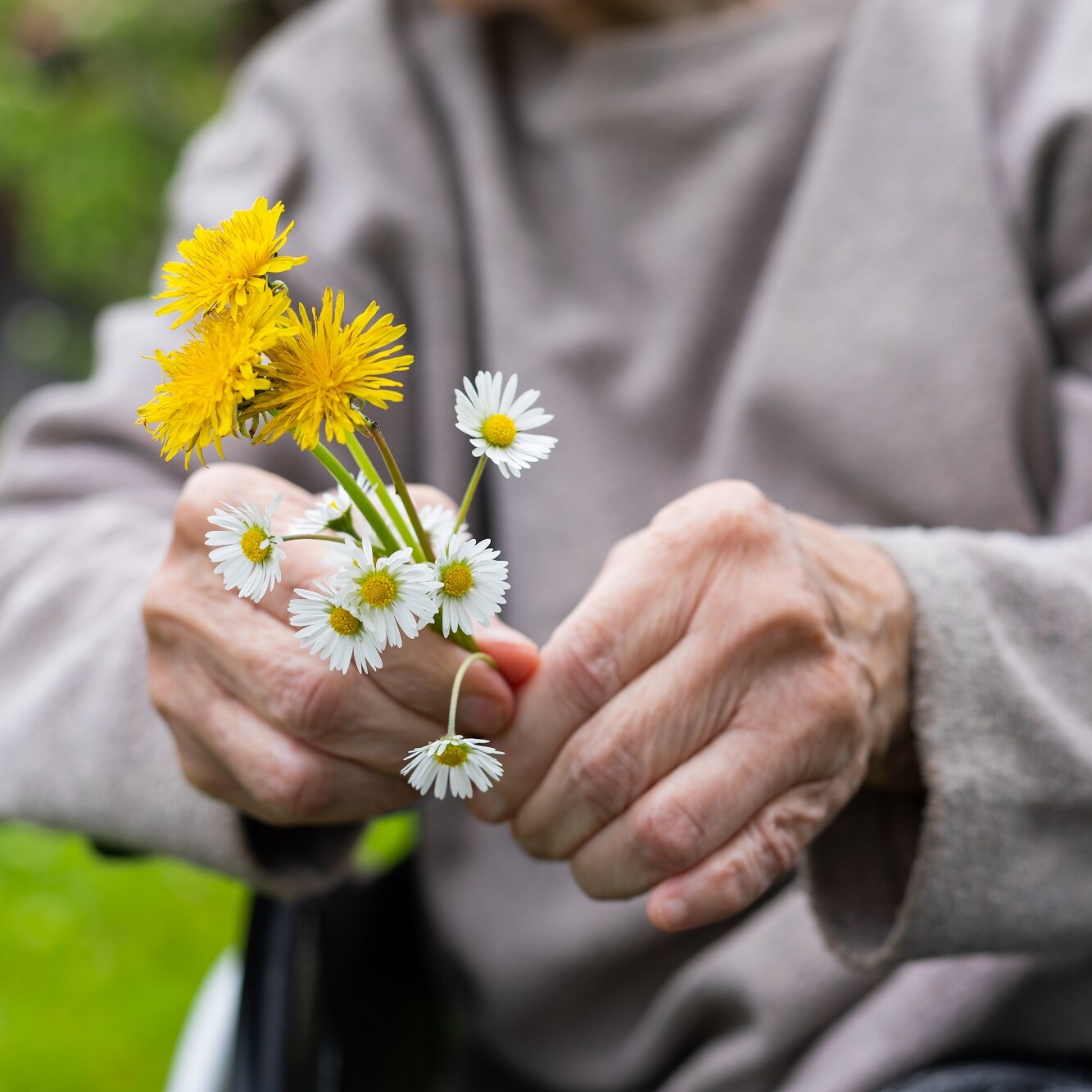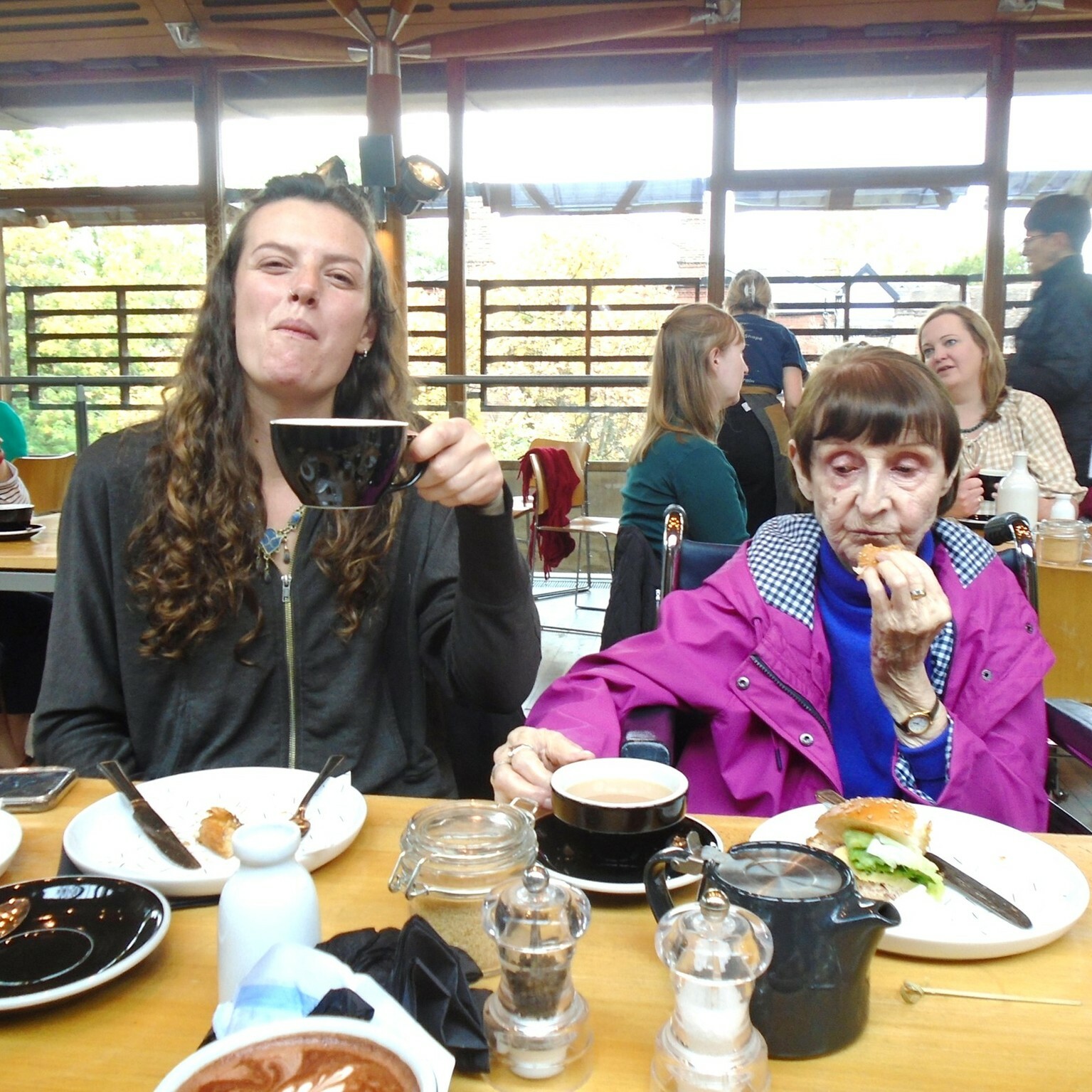The last 20 months have truly highlighted the detrimental effects that isolation and loneliness can have on the elderly. Figures show that 1.4 million people in the UK, aged 55 or older, experience loneliness, with almost 500,000 going five or six days without seeing or speaking to anyone at all.
A professional care setting, such as a care home, recognises the differences between loneliness and isolation. It is possible to be surrounded by people and yet feel lonely just as it is possible to be isolated but not feel alone. Elderly care can bring welcome relief to both loneliness and isolation.
The causes of loneliness in the elderly
For those who are not receiving residential, respite, or nursing care, numerous factors lead to the experience of loneliness. Modern life sees families less likely to remain in one place for their working lives and so it is common for elderly relatives to see their family being spread across the UK and beyond. Other events that result in loneliness include:
- Retirement and losing touch with work colleagues
- The passing away of a spouse
- The death of close friends
- A lack of mobility that prevents trips out
With the loss of those that are close, it is easy for people to find that their grief and bereavement leaves them not wanting to socialise. By the time people have been through the grieving process, it is easy to suddenly find that they are alone.
The impact of loneliness
When facing loneliness, there is an impact on both the physical and mental health of the elderly. Reports show that an elderly person living alone is 50% more likely to visit A&E and far more likely to need to visit their GP. Some of the health issues triggered by loneliness include:
- High blood pressure
- Heart disease
- Obesity
- Dementia
Regardless of age, loneliness has been shown to have numerous detrimental effects on mental health. These include:
- Depression
- Anxiety
- Low self-esteem
- Sleep problems
- Increased levels of stress
How care homes can help
A care home, such as Oakwood House, is able to help those who are experiencing loneliness and isolation by engaging with residents on a regular basis. This may be through the care and assistance they require, but also via a range of activities and events with other residents.
Trained, experienced, and caring staff are aware of the physical and social needs of a resident, often more so than the individual, and so are there to promote companionship and stimulation. These needs can be catered for by providing:
A community feel
A care home is able to develop a sense of community and belonging. Residents can, of course, take time out to themselves, but there is also the opportunity to become part of a caring community. This is something that trained staff will always encourage. Relationships are formed between residents and staff that all add to the community feel.
Activities and events
A care home such as Oakwood House ensures that there are numerous activities and events to keep residents entertained. Learning a new skill, or revisiting an old hobby, can be a great boost in terms of mental and physical wellbeing.
Family visits
Care homes understand the importance of being able to see family. Although residents go on to form meaningful friendships, family visits are always encouraged too. This is of benefit to the residents, but also brings peace of mind to family members who can see the lifestyle that their loved ones have.
Related News
June 12, 2024
Norfolk Care Awards 2024
June 3, 2024
Oakwood House Open Day
October 1, 2023
Maintaining Independent Living – Oakwood House
August 1, 2023
Care home funding in England: 2023
June 1, 2023
How to find a care home
April 1, 2023
Types of care homes
March 1, 2023
5 tips to help you pay for a care home
January 27, 2023
Visit from the Chief Nurse for Adult Social Care Deborah Sturdy
January 5, 2023
Residents & Family – Our visiting guidelines
December 12, 2022
Home Manager Announcement
December 6, 2022
And the winner is……
November 2, 2022











